Transportation, aerospace, and even U.S. Congress: Gabrielle Torina ’19 had gained impressive work experience across a wide variety of fields—but she was ready to focus her work and build her career.
Even before she earned her undergraduate degree at Judson University in 2017, Torina was attending open houses for Northwestern’s MS in Communication program. She worked hard to develop the focus and drive to go to college and wanted to keep the momentum going.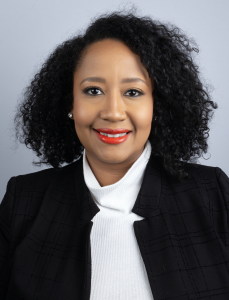
“I knew I had potential,” she says, “but the lack of higher education was limiting me. I was a little confused about my experiences. How was anyone going to look at my résumé and understand me and where I was trying to go if I didn’t know myself?”
As she started to think about career goals and make sense of her work experiences, she noticed some common threads: marketing, communications, and working with people. She started charting her journey, asking those around her for feedback on what she does well and focusing on experiences and skills she enjoys.
“I ultimately chose to earn a master’s at Northwestern because I needed something that was going to make me stand out,” explains Torina. “This field can become saturated, so I wanted to show that I was different. I wanted something that was going to stretch me and give me that big sense of pride afterwards.”
Living nearly two hours away in Rockford, IL, didn’t stop her from moving forward with that dream. She got up at 4 am so she could be one of the first to arrive, making the most of the experience while she could. This also allowed her to spend one-on-one time with Pat Messina, associate director of career management for the MS in Communication program (Messina arrived early on class days, too).
“She helped me reformat my résumé and look at my experiences in a different way, crafting a strong value proposition using what I already had. I took advantage of that time to ask questions and get advice.” Combined with the curriculum, these services helped her find value in the diverse career experiences she had—and how to apply them moving forward. Torina still keeps in touch with the career services team, recently reaching out for tips on refreshing her personal brand to better align it with who she is today.
Another program highlight for Torina was her mastermind group, formed by a classmate and made up of seven individuals who represented different career phases and industries. “It was so valuable—not just from a relationship standpoint, but also keeping each other on track. We were intentional about getting large assignments done early so we weren’t stressed at the end. We helped one another when it was time to come up with topics for papers and assignments.”
Torina says the program paid off almost immediately in the form of a new job—her dream job. Even during the interview process, she used what she learned from the MS in Communication program to answer in-depth questions in front of a panel and create a presentation in response to a specific situation.
Five weeks into her new job, the United States was suddenly faced with COVID-19. “I was immediately able to start crisis communications,” she says. “It just hit me: ‘Wow, I’m using my degree right away!’ ”
She currently works as the engagement and communications manager for Transform Rockford, a social innovation incubator. Formed seven years ago to improve living and working conditions in Rockford, this grassroots movement improves social and economic well-being for people in the Rockford area by following a transformation plan that promotes healing and fixing the community’s problems from within. Torina and her team have an ambitious goal: to transform Rockford into a top 25 community by 2025.
“I’m not the same person I was before the program,” she says. “I’m still using the resources that are available to us—for myself, for my career, and to guide others. I learned more than what I thought I was going to. They instilled a desire to always be in pursuit of information and truth. I left knowing my value and what I’m able to offer the world.”
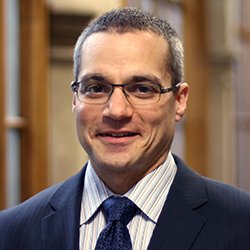
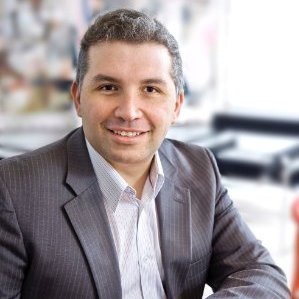
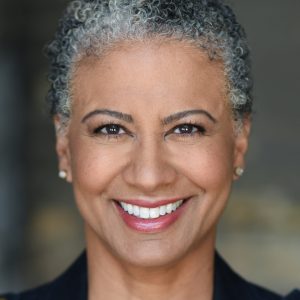
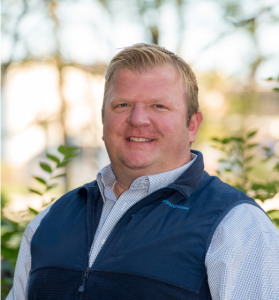
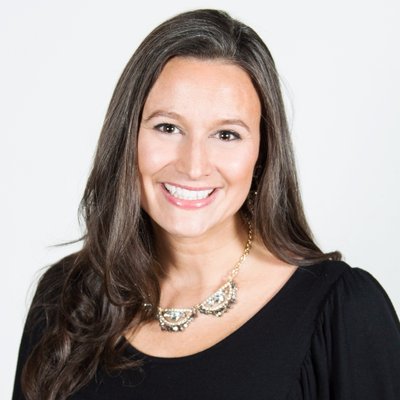 Born in rural Minnesota, Selby always knew she wanted to major in marketing or advertising—she studied German and dreamed of producing print ads for Daimler-Benz. And she always knew she would someday earn a master’s degree.
Born in rural Minnesota, Selby always knew she wanted to major in marketing or advertising—she studied German and dreamed of producing print ads for Daimler-Benz. And she always knew she would someday earn a master’s degree.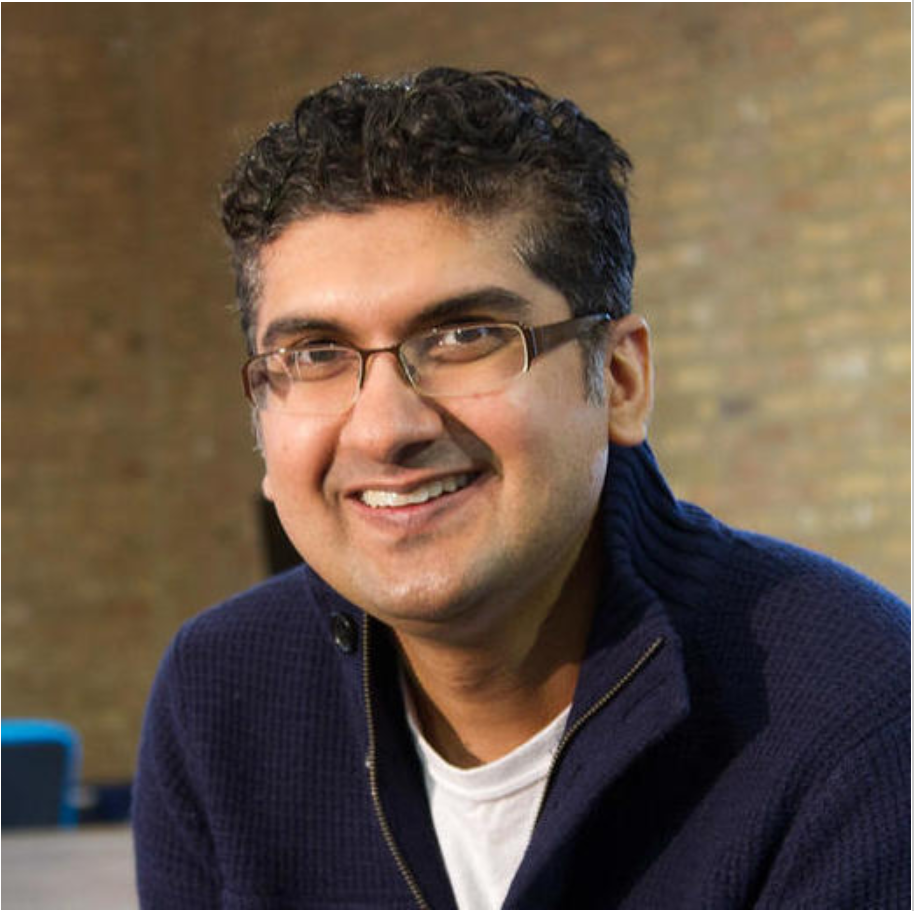
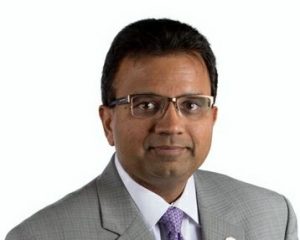 Sanjay Patel graduated from the MSC program in 2000 and also holds an MBA from DePaul University. He is currently the Chief Operating Officer at the Illinois Power Agency. Sanjay is a government, risk, and compliance leader with over 25 years of progressive experience within management consulting, information technology, financial services organizations, and state government.
Sanjay Patel graduated from the MSC program in 2000 and also holds an MBA from DePaul University. He is currently the Chief Operating Officer at the Illinois Power Agency. Sanjay is a government, risk, and compliance leader with over 25 years of progressive experience within management consulting, information technology, financial services organizations, and state government. Mission and vision statements are indeed different, and understating the difference is key to developing the most effective statements. A mission statement is basically what defines a company’s business, while a vision statement should be all about the future of the company. “Vision statement is the lodestar that you are following to plot your course. The mission statement is the workhorse that you ride to get you to the destination”, Professor Randall Iden, MSC Faculty Director, explains.
Mission and vision statements are indeed different, and understating the difference is key to developing the most effective statements. A mission statement is basically what defines a company’s business, while a vision statement should be all about the future of the company. “Vision statement is the lodestar that you are following to plot your course. The mission statement is the workhorse that you ride to get you to the destination”, Professor Randall Iden, MSC Faculty Director, explains.